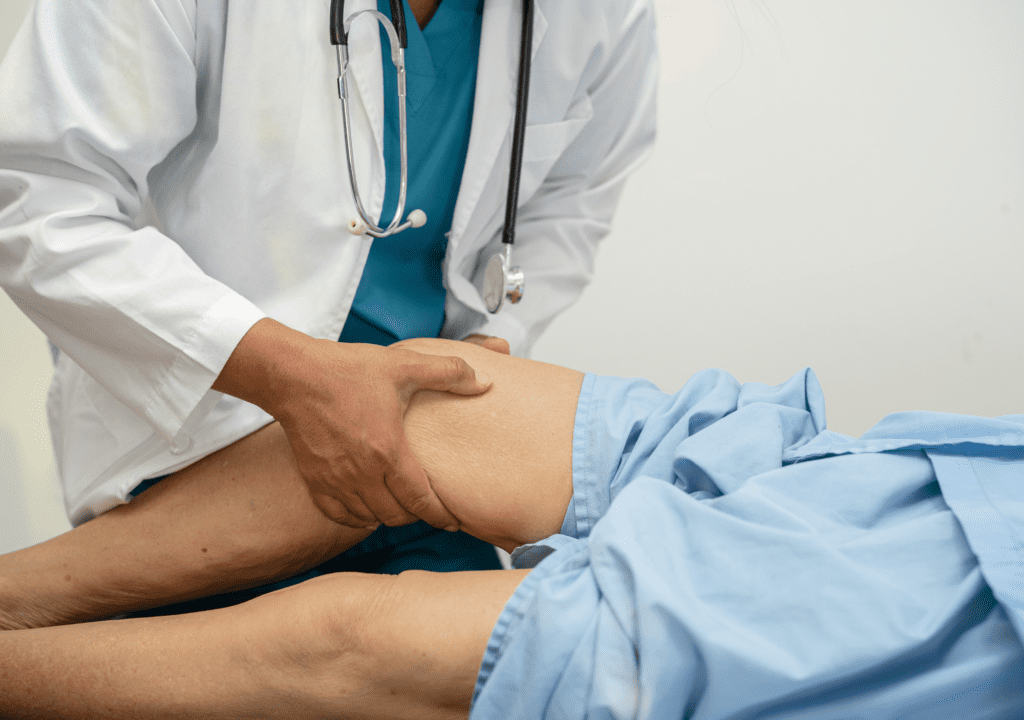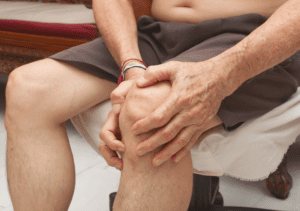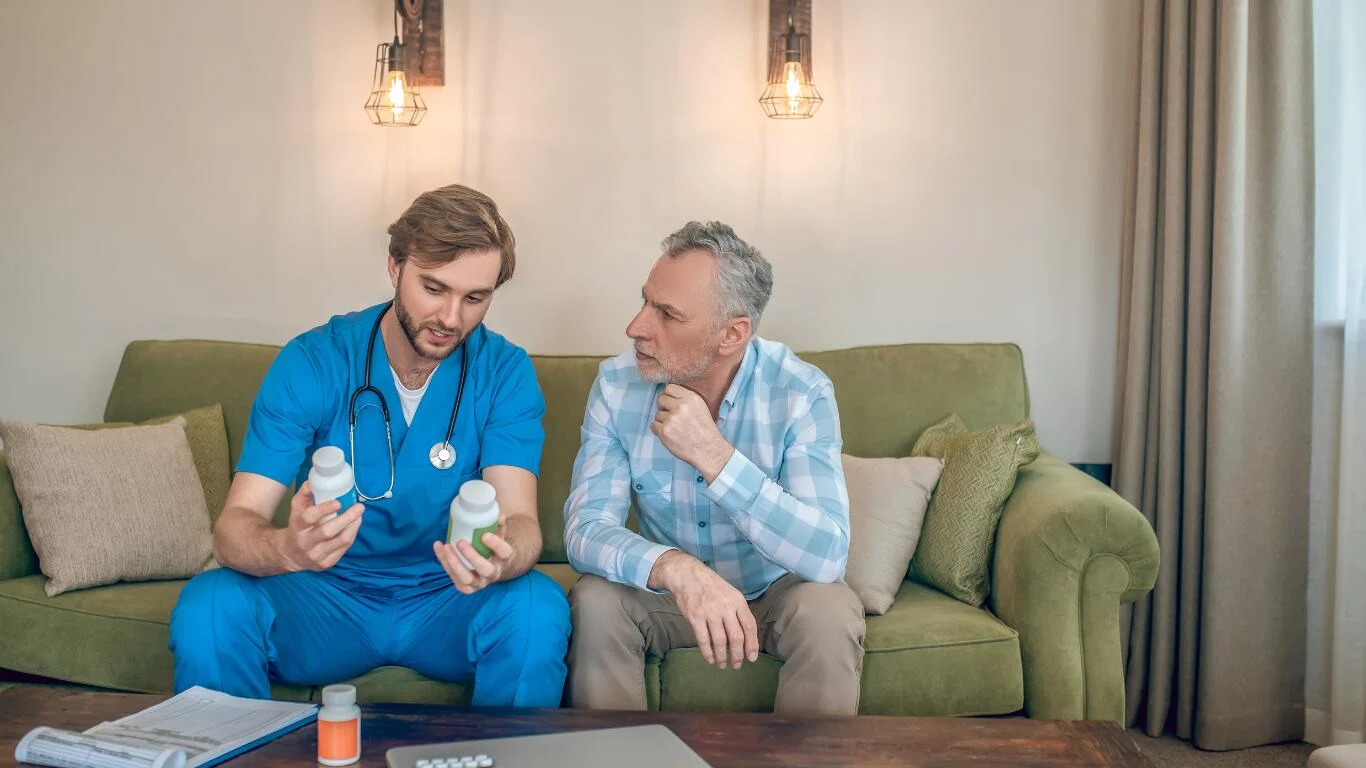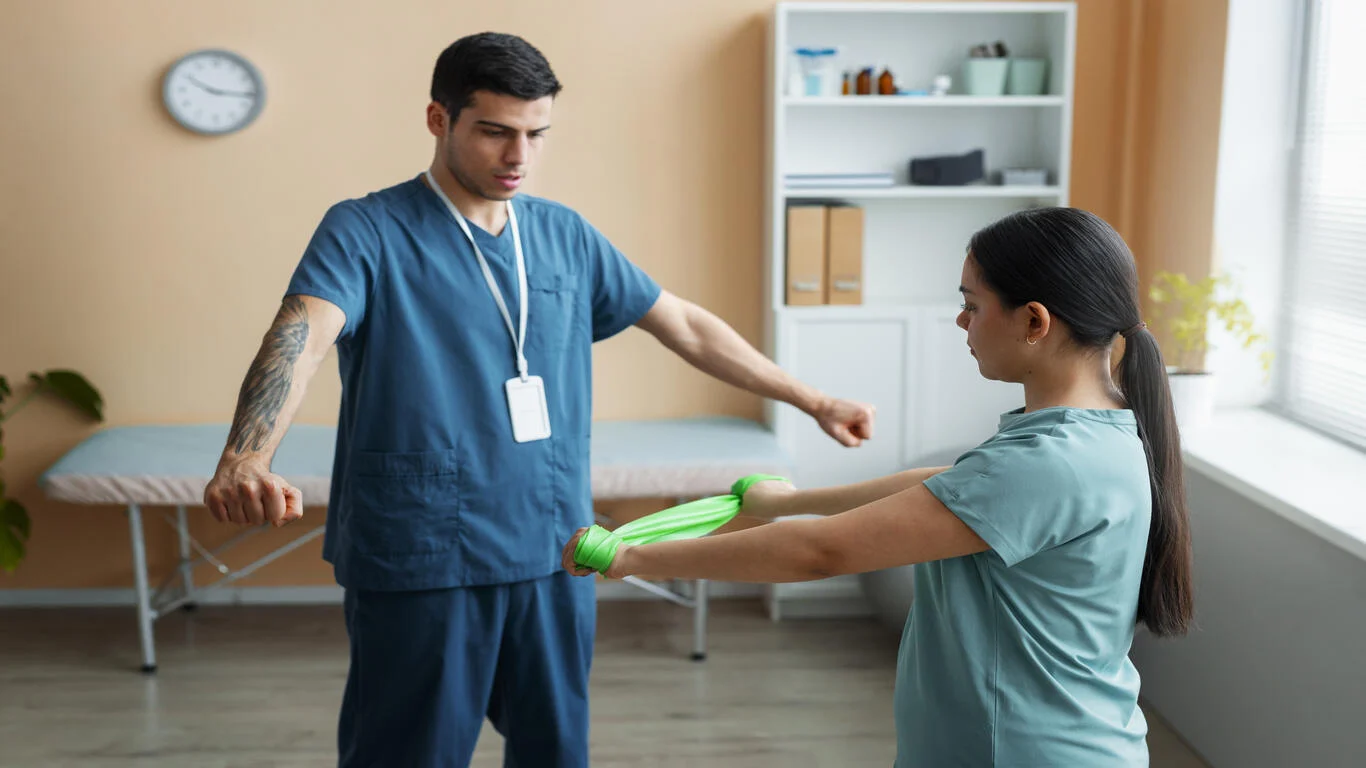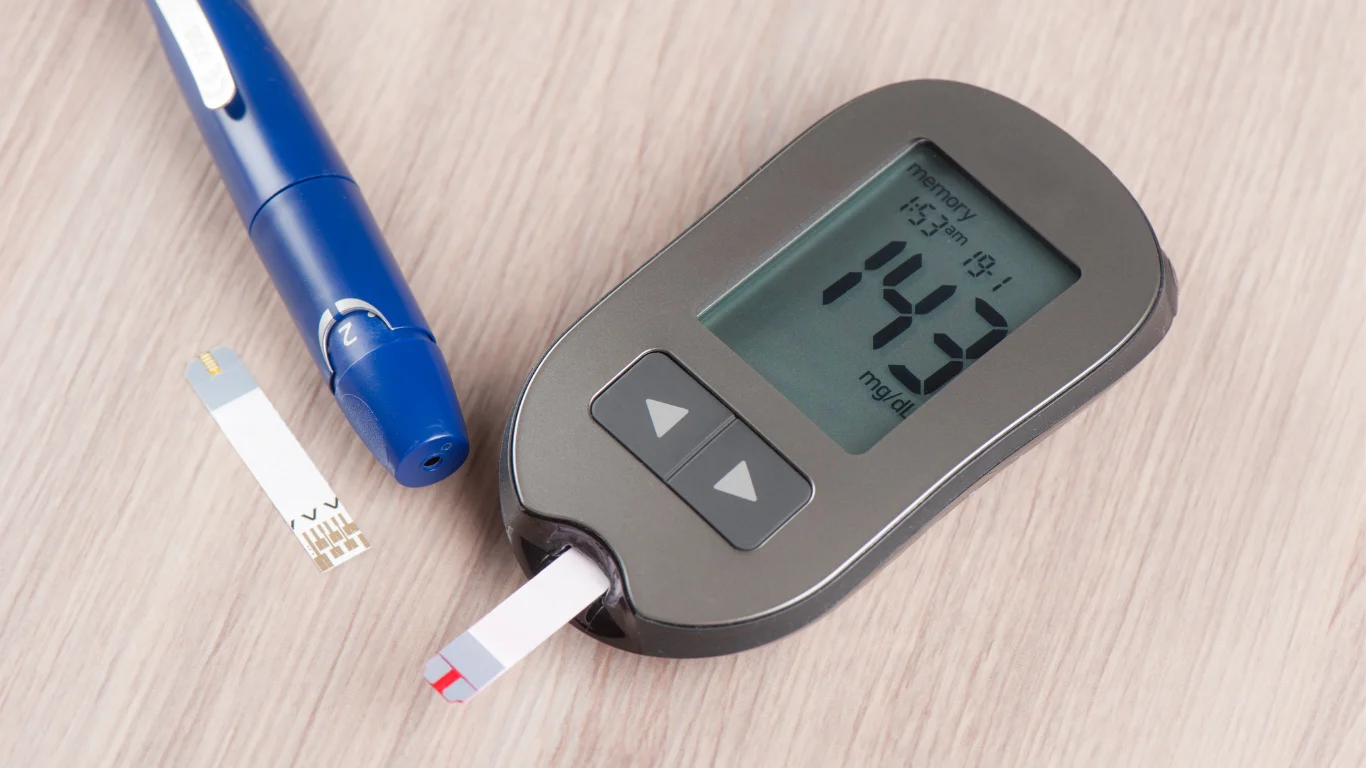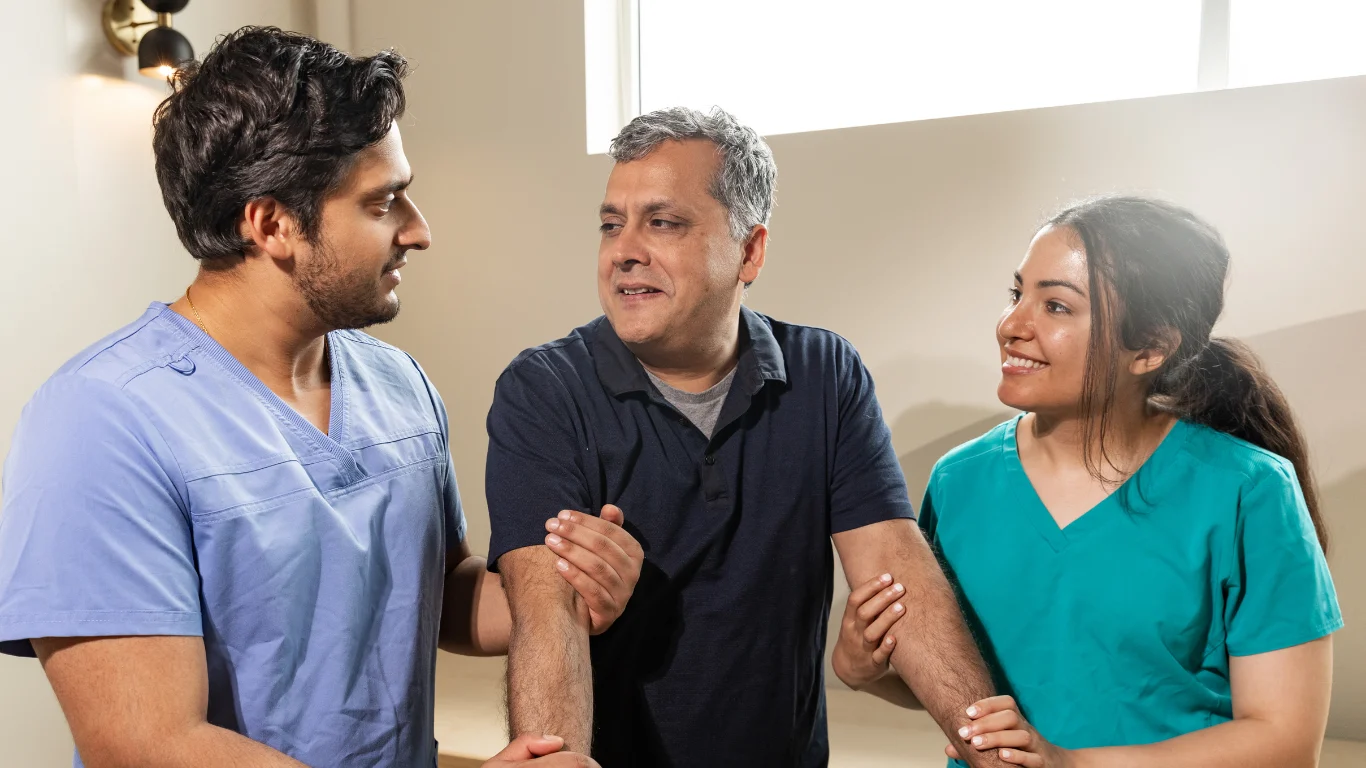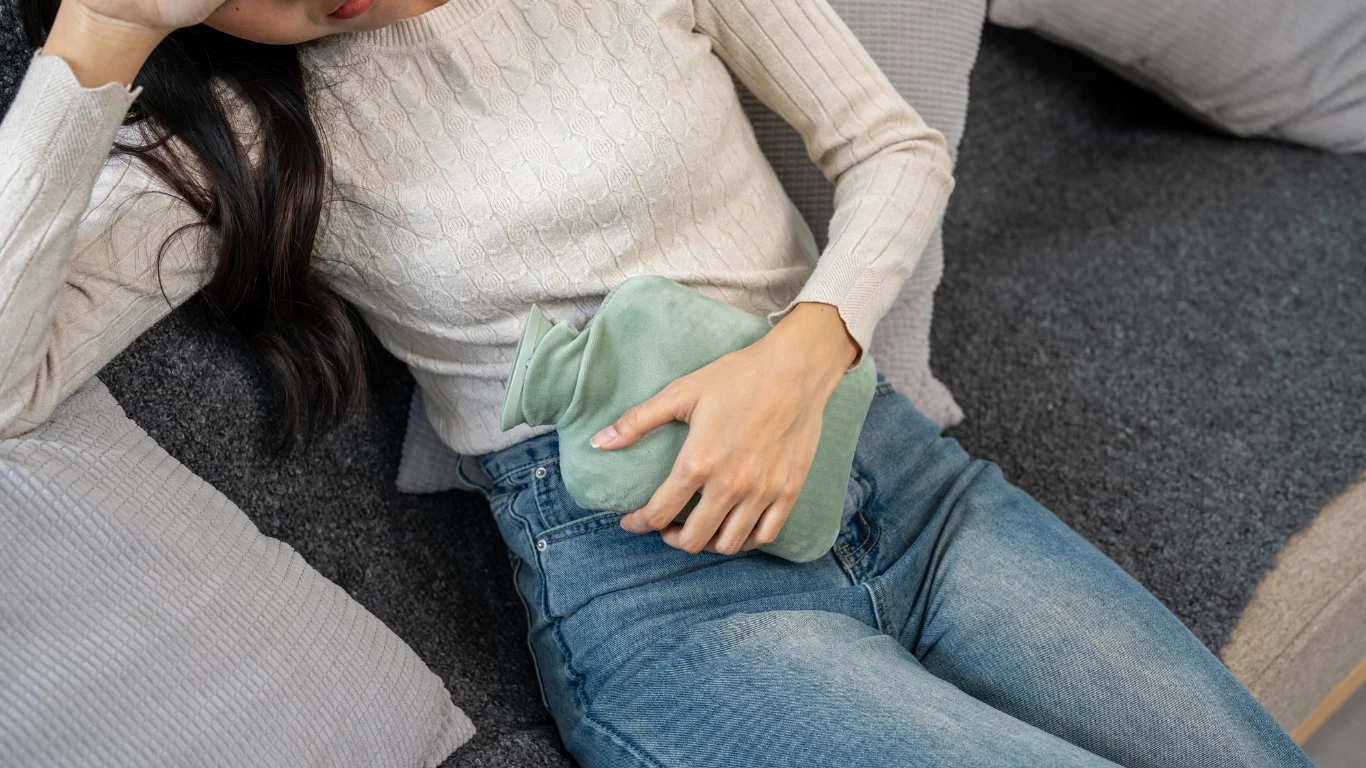Navigating the journey of rehabilitation after a total knee replacement begins with a crucial decision: when to initiate physical therapy. This seemingly straightforward question harbors layers of complexity that can dramatically influence a patient’s recovery trajectory and long-term mobility. While the clinical community often presents generalized timelines for postoperative care, the unique physiological and psychological readiness of each patient suggests a more personalized approach.
In the bustling landscape of Dubai, where rapid service and cutting-edge healthcare are at the forefront, the discussion about recovery times takes on even greater importance. Patients are not just seeking to regain basic mobility; they are aiming to reintegrate into a fast-paced society where every moment of downtime feels significant. Therefore, understanding the optimal timing for starting physical therapy isn’t just about medical outcomes—it’s about weaving the recovery process into the fabric of the patient’s life without letting it unravel their daily routines.
This article aims to explore a perspective often sidelined in mainstream discussions: the strategic timing of physical therapy as a key factor in maximizing recovery effectiveness. By integrating medical insights with patient-centered considerations, we’ll uncover why the “when” should be as customized as the “how” in rehabilitation protocols. Through this exploration, patients and caregivers alike will gain a deeper understanding of how to navigate the post-surgery landscape to ensure a recovery that is not only swift but also sustainable.
Understanding Total Knee Replacement
What is Total Knee Replacement?
Total Knee Replacement (TKR), also known as Total Knee Arthroplasty (TKA), is a surgical procedure that involves replacing the damaged or worn parts of the knee joint with artificial components. This procedure is typically recommended for individuals suffering from severe arthritis or significant knee injuries that have not responded to other treatments. The goal of TKR is to restore knee function, alleviate pain, and improve the overall quality of life.
Common Indications for Total Knee Replacement
The primary candidates for a total knee replacement are individuals who experience debilitating pain and mobility issues due to conditions such as osteoarthritis, rheumatoid arthritis, and post-traumatic arthritis. These conditions typically lead to the degeneration of the joint cartilage, resulting in bone-on-bone contact, pain, and restricted movement. For those whose daily activities become severely impacted, TKR offers a solution to regain functionality and reduce discomfort.
The Role of Rehabilitation in Knee Surgery Recovery
Purpose of Rehabilitation
Post-surgical rehabilitation is crucial for successful recovery from a total knee replacement. The objectives of rehabilitation include restoring the knee’s range of motion, strengthening the muscles around the knee, reducing swelling and pain, and ultimately enabling patients to resume normal activities. Effective rehabilitation not only helps in quick recovery but also maximizes the functional capabilities of the new joint.
Components of a Rehabilitation Program
A comprehensive rehabilitation program after TKR typically includes various components such as physical therapy exercises, pain management techniques, and patient education on lifestyle adjustments. Physical therapy plays a pivotal role in recovery, focusing on exercises that enhance flexibility, strength, and mobility.
Timing of Physical Therapy Post-Surgery
Recent research underscores the importance of initiating physical therapy early in the postoperative phase. A systematic review and meta-analysis of randomized controlled trials, highlighted in a study published in the Journal of Orthopaedic & Sports Physical Therapy, indicates significant benefits of starting physiotherapy within 24 hours after surgery. Access the study here.
Immediate Postoperative Period
The findings from the referenced study suggest that early postoperative physiotherapy leads to improved short-term outcomes, such as a reduced length of hospital stay and enhanced knee range of motion and functional mobility. Initiating physical therapy within the first 24 hours post-surgery can accelerate the initial recovery phase, helping patients start their journey back to normalcy sooner.
The First Weeks at Home
As patients transition from hospital to home, the focus of physical therapy shifts from initial mobilization to more comprehensive exercises that promote further healing and strength building. The early start in the hospital sets a solid foundation for continued recovery at home, where therapy can be tailored to individual needs and progress.
Long-Term Rehabilitation Goals
While the benefits of early physiotherapy are clear in the short term, the study also notes that there are no significant differences in long-term outcomes such as pain, function, and quality of life between early and delayed physiotherapy. This suggests that while the timing of initial therapy is crucial for early recovery, consistent and ongoing rehabilitation efforts are essential for achieving the best long-term results.
Physical Therapy Techniques and Exercises
Early Stage Exercises
The initial phase of Physical Therapy for Total-Knee Replacement typically focuses on basic mobility—such as walking with assistance and performing light stretches—to prevent complications like blood clots and muscle atrophy. However, an often overlooked aspect is the integration of sensory and proprioceptive training early in the recovery process. These exercises help patients re-establish the connection between their brain and knee, enhancing their ability to control and stabilize the joint, which is crucial for safe, effective movement.
Advanced Rehabilitation Techniques
As patients progress, the rehabilitation program should evolve to include more sophisticated techniques that are rarely discussed in standard recovery protocols. One such technique is neuromuscular electrical stimulation (NMES), which can be particularly beneficial in the early weeks when voluntary muscle strength is still developing. NMES helps in muscle re-education, preventing muscle atrophy, and improving the recruitment of muscle fibers to enhance strength and support around the knee.
Another advanced technique involves the use of hydrotherapy. Water’s buoyancy significantly reduces stress on the knee joint while providing resistance, which can be adjusted as recovery progresses. This method is especially advantageous for patients who might experience significant pain during weight-bearing exercises on land. Hydrotherapy facilitates a range of motion exercises and strength training without imposing harsh impacts on the healing joint.
Customized Exercise Regimens
Emphasizing the individualization of exercise regimens is crucial yet often glossed over in general discussions about knee replacement rehabilitation. Each patient’s physical condition, pain threshold, and recovery speed are unique, and as such, their rehabilitation needs to be tailored.
The Role of Home Healthcare in Rehabilitation
Benefits of At-Home Physical Therapy
Conventional rehabilitation wisdom often emphasizes the importance of clinical settings for postoperative care, underlining the resources and immediate professional oversight available. However, the emerging perspective advocates for the benefits of at-home physical therapy, especially in a city like Dubai where innovation and personalized service define healthcare excellence.
At-home care allows for therapy sessions that are not only more convenient but deeply personalized. The familiar, comfortable surroundings of one’s home significantly reduce stress, which can inadvertently affect recovery. Moreover, home-based therapy can be tailored to interact seamlessly with a patient’s daily life, encouraging more frequent and relevant exercises that speed up the rehabilitation process.
How Best Doc Home Healthcare Can Assist
At Best Doc Home Healthcare, we challenge the status quo by offering an innovative approach to postoperative care that includes rapid-response teams capable of starting rehabilitation within 30 minutes of a request. This approach not only challenges traditional care timelines but also reshapes expectations about the recovery process.
Our model is designed to ensure that recovery starts without delay, thereby maximizing the healing benefits while minimizing the disruption to our patients’ lives. Such a proactive approach to home healthcare facilitates early mobilization, which is critical after knee surgery to prevent complications such as stiffness and deep vein thrombosis.
Conclusion
The journey through rehabilitation after a total knee replacement is both a personal and clinical adventure, underscored by the pivotal decision of when to initiate physical therapy. As highlighted by a comprehensive meta-analysis, “early postoperative physiotherapy (within 24 hours after surgery) was associated with improved short-term outcomes, such as reduced length of hospital stay, improved knee range of motion, and improved functional mobility” (source). This evidence strongly supports the notion that earlier intervention can pave the way for a more effective and swift recovery process.
While the long-term outcomes such as pain, function, and quality of life show no significant difference between early and delayed therapy, the importance of early engagement in physical therapy cannot be overstated. It sets a foundational pace that enhances the recovery experience, allowing patients to regain function and return to their daily lives with greater ease and confidence.
In closing, the decision to start physical therapy early, and potentially in the comfort of one’s home, reflects a modern approach to healthcare that honors patient preference and optimizes recovery. At Best DOC Home Healthcare, we are committed to providing this level of personalized care, ensuring that each patient’s path to recovery is as smooth and effective as possible. Let us help guide you through your rehabilitation journey, making it not just about healing but about regaining your independence and quality of life.
Call to Action
If you or a loved one are preparing for or recovering from a total knee replacement, don’t navigate this journey alone. Best DOC Home Healthcare is here to provide expert, personalized care right in the comfort of your home. Our rapid-response teams are ready to assist you within 30 minutes of your call, ensuring that your rehabilitation starts promptly and progresses effectively. Contact us today to schedule a consultation and learn how our tailored home healthcare services can enhance your recovery process, help you regain your mobility, and improve your overall quality of life. Rediscover your potential with Best DOC Home Healthcare.

